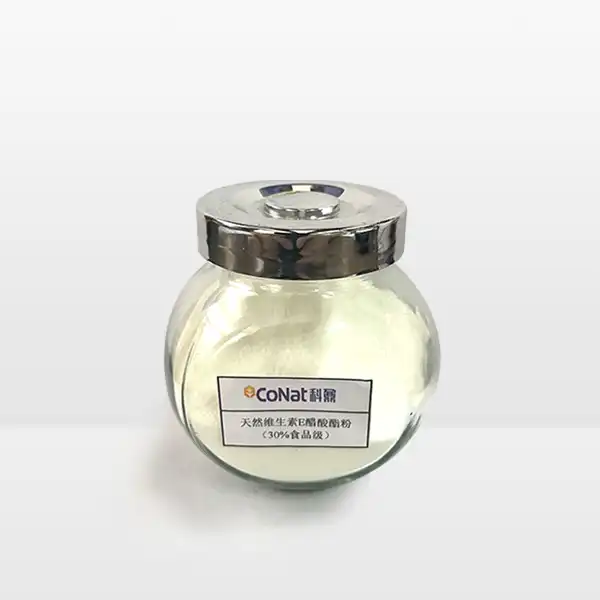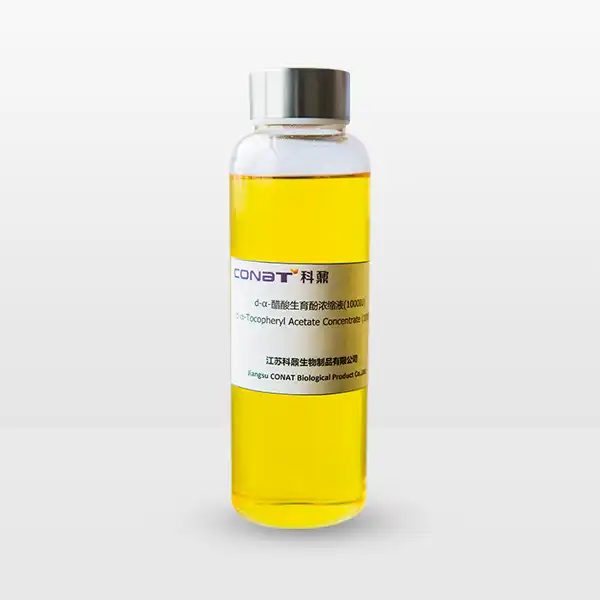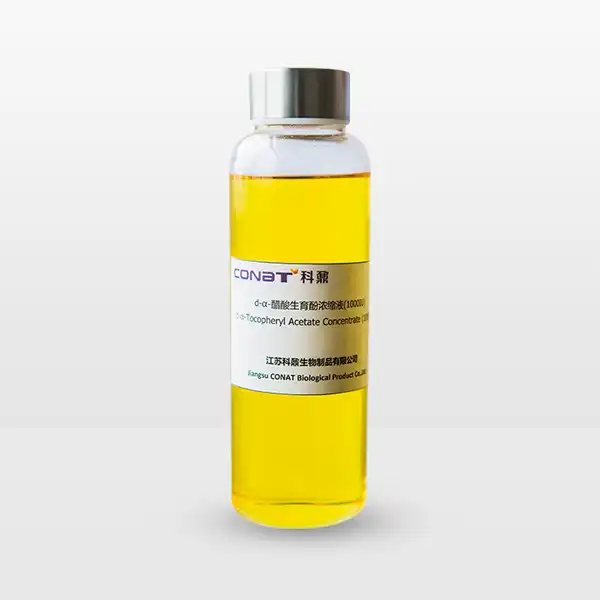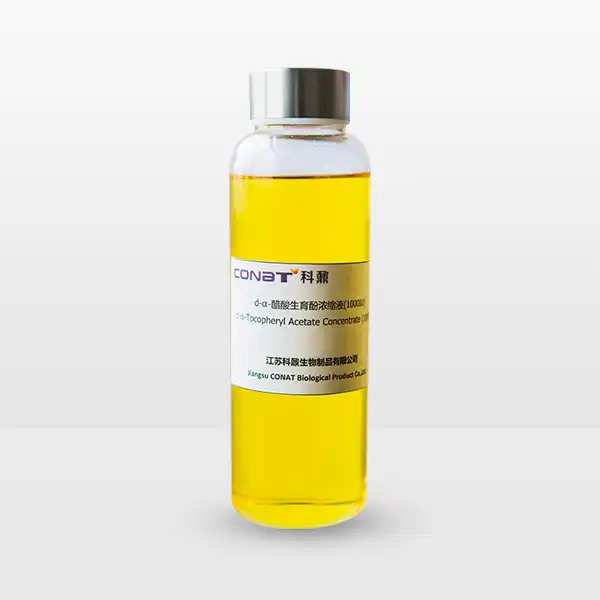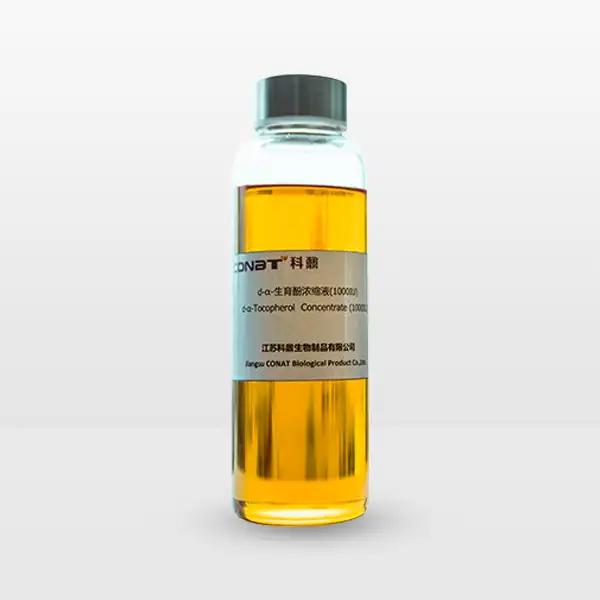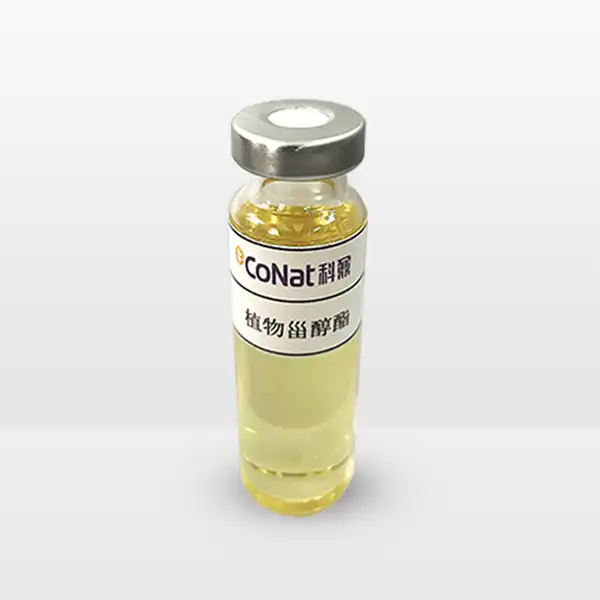- English
- French
- German
- Portuguese
- Spanish
- Russian
- Japanese
- Korean
- Arabic
- Greek
- German
- Turkish
- Italian
- Danish
- Romanian
- Indonesian
- Czech
- Afrikaans
- Swedish
- Polish
- Basque
- Catalan
- Esperanto
- Hindi
- Lao
- Albanian
- Amharic
- Armenian
- Azerbaijani
- Belarusian
- Bengali
- Bosnian
- Bulgarian
- Cebuano
- Chichewa
- Corsican
- Croatian
- Dutch
- Estonian
- Filipino
- Finnish
- Frisian
- Galician
- Georgian
- Gujarati
- Haitian
- Hausa
- Hawaiian
- Hebrew
- Hmong
- Hungarian
- Icelandic
- Igbo
- Javanese
- Kannada
- Kazakh
- Khmer
- Kurdish
- Kyrgyz
- Latin
- Latvian
- Lithuanian
- Luxembou..
- Macedonian
- Malagasy
- Malay
- Malayalam
- Maltese
- Maori
- Marathi
- Mongolian
- Burmese
- Nepali
- Norwegian
- Pashto
- Persian
- Punjabi
- Serbian
- Sesotho
- Sinhala
- Slovak
- Slovenian
- Somali
- Samoan
- Scots Gaelic
- Shona
- Sindhi
- Sundanese
- Swahili
- Tajik
- Tamil
- Telugu
- Thai
- Ukrainian
- Urdu
- Uzbek
- Vietnamese
- Welsh
- Xhosa
- Yiddish
- Yoruba
- Zulu
What is a Plant Sterol Ester?
Plant sterol esters are naturally occurring compounds found in plants that have a structure similar to cholesterol. These remarkable substances are created when plant sterols are combined with fatty acids, resulting in a more fat-soluble form that can be easily incorporated into various food products. As natural components found in vegetable oils, nuts, seeds, and whole grains, plant sterol esters have gained significant attention in the health and nutrition community for their potential benefits in managing cholesterol levels and supporting overall cardiovascular health.
How Do Plant Sterol Esters Lower Cholesterol?
Plant sterol esters work through a fascinating mechanism that directly impacts cholesterol absorption in the digestive system. When consumed as part of a balanced diet, these compounds compete with cholesterol for absorption in the intestines. Due to their structural similarity to cholesterol, plant sterol esters can effectively block the absorption sites typically used by cholesterol molecules. This competition results in less cholesterol being absorbed into the bloodstream, while the unabsorbed cholesterol is naturally eliminated from the body.
The effectiveness of plant sterol esters in cholesterol management is particularly noteworthy because they work at the molecular level. Research has shown that consuming 2-3 grams of plant sterol esters daily can reduce LDL (low-density lipoprotein) cholesterol levels by 8-15%. This reduction is significant because LDL cholesterol is often referred to as "bad" cholesterol, and elevated levels are associated with an increased risk of cardiovascular disease. The beauty of plant sterol esters lies in their ability to selectively target cholesterol absorption while maintaining the absorption of other essential nutrients.
Moreover, plant sterol esters demonstrate this cholesterol-lowering effect without interfering with the body's natural cholesterol synthesis. This means they can work synergistically with other cholesterol-managing strategies, such as statin medications, providing an additional tool for those seeking to maintain healthy cholesterol levels. The consistent consumption of plant sterol esters, as part of a heart-healthy diet, has been shown to produce sustainable results in managing cholesterol levels over time.
What Foods Contain Natural Plant Sterol Esters?
Plant sterol esters can be found naturally in a diverse array of plant-based foods, each contributing varying amounts of these beneficial compounds. Vegetable oils, particularly corn, sunflower, and soybean oils, are among the richest natural sources of plant sterol esters. These oils not only provide essential fatty acids but also deliver significant amounts of plant sterols in their natural form.
Nuts and seeds represent another excellent source of plant sterol esters. Pistachios, almonds, and sunflower seeds are particularly noteworthy for their high sterol content. These foods not only provide plant sterols but also offer additional nutritional benefits, including healthy fats, protein, and various micronutrients. The combination of these nutrients makes them valuable additions to a heart-healthy diet.
Whole grains and legumes also contribute meaningful amounts of plant sterol esters to the diet. Brown rice, quinoa, and various beans contain these beneficial compounds, along with fiber and other heart-healthy nutrients. Fruits and vegetables, while containing lower concentrations of plant sterols compared to oils and nuts, still contribute to the overall intake when consumed as part of a balanced diet. Notably, vegetable-based spreads and certain fortified foods have been developed to provide concentrated sources of plant sterol esters, making it easier for individuals to achieve therapeutic doses.
The American Heart Association and other health organizations recommend consuming foods rich in plant sterol esters as part of a heart-healthy dietary pattern. While natural sources provide varying amounts, the combination of multiple plant-based foods throughout the day can help individuals achieve beneficial intake levels. Understanding the food sources of plant sterol esters enables individuals to make informed choices about incorporating these beneficial compounds into their daily diet.
What Are the Health Benefits of Plant Sterol Esters Beyond Cholesterol Management?
While plant sterol esters are primarily recognized for their cholesterol-lowering properties, research has unveiled additional health benefits that extend beyond cardiovascular health. These compounds have demonstrated potential anti-inflammatory properties, which may contribute to overall health and wellness. The anti-inflammatory effects are particularly interesting because chronic inflammation is increasingly recognized as a contributing factor to various health conditions.
Recent studies have suggested that plant sterol esters may play a role in supporting immune system function. The interaction between plant sterols and immune cells appears to help modulate immune responses, potentially contributing to better overall immune health. This immune-modulating effect is particularly intriguing as it suggests that plant sterol esters might have broader applications in maintaining general health beyond their well-established role in cholesterol management.
Furthermore, emerging research indicates that plant sterol esters may have potential benefits for prostate health in men. Some studies have shown that these compounds might help maintain proper prostate function and support overall prostate health. While more research is needed to fully understand these effects, the preliminary findings are promising and suggest that plant sterol esters might have applications beyond cardiovascular health.
Plant sterol esters have also shown promise in supporting skin health when applied topically. Their ability to be incorporated into cell membranes and their potential anti-inflammatory properties make them interesting candidates for skincare applications. Some research suggests they may help maintain skin barrier function and support overall skin health, though these applications are still being actively studied.
Additionally, the consumption of plant sterol esters as part of a healthy diet may contribute to weight management efforts. While they don't directly cause weight loss, their incorporation into a balanced diet can support overall metabolic health and help individuals maintain a healthy weight when combined with appropriate lifestyle choices.
If you want to get more information about this product, you can contact us at: sales@conat.cn.
References:
1. Journal of Nutrition (2020). "Plant Sterols and Plant Sterol Esters in Cardiovascular Health."
2. American Journal of Clinical Nutrition (2021). "Effects of Plant Sterol Ester Consumption on Cholesterol Metabolism."
3. European Journal of Clinical Nutrition (2019). "Natural Sources of Plant Sterols and Their Impact on Human Health."
4. Frontiers in Nutrition (2022). "Beyond Cholesterol: Emerging Roles of Plant Sterols in Human Health."
5. Clinical Nutrition Research (2021). "Plant Sterol Esters: Mechanisms of Action and Clinical Applications."
6. Journal of the American Heart Association (2020). "Plant Sterols in Cardiovascular Disease Prevention."
7. Advances in Nutrition (2021). "Plant Sterol Esters: From Natural Sources to Functional Foods."
8. International Journal of Molecular Sciences (2022). "Immunomodulatory Effects of Plant Sterols."
9. Nutrition Reviews (2020). "Plant Sterols and Sterol Esters in Human Nutrition."
10. Journal of Food Science and Technology (2021). "Applications of Plant Sterol Esters in Food Products."
YOU MAY LIKE
